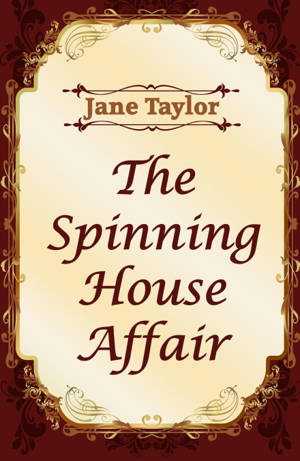
- Retrait gratuit dans votre magasin Club
- 7.000.000 titres dans notre catalogue
- Payer en toute sécurité
- Toujours un magasin près de chez vous
- Retrait gratuit dans votre magasin Club
- 7.000.0000 titres dans notre catalogue
- Payer en toute sécurité
- Toujours un magasin près de chez vous
Description
As the world approaches a new century, and many people anticipate the great advances of modernity, Cambridge University sits mired in the traditions of the past.
Here, the university Proctors still operate as a private police force, aggressively acting to protect the undergraduates in their charge from the women of the town.
They make good use of the euphemistically named Spinning House to confine any women they consider likely to corrupt the morals of the university, though the town's infamous house of correction has a brutal reputation, where inmates reputedly die from the cold and lack of care.
As a new set of Proctors unleash a wave of terror on the young women of Cambridge, three of them, Rose Whittle, Hope Basset and Aurelia Travers, struggle to make their way in a world dominated by men, while campaigning newspaper, the Mercury, fights for the town to retake charge of the streets, and the right of women to go about their business without fear of arrest and incarceration.
In The Spinning House Affair Jane Taylor eloquently brings to life the historic struggle of women in the 19th century, and highlights that the fight of women today is a continuation of the struggles of the past.
Spécifications
Parties prenantes
- Auteur(s) :
- Editeur:
Contenu
- Langue:
- Anglais
Caractéristiques
- EAN:
- 9781910946800
- Date de parution :
- 26-05-21
- Format:
- Ebook
- Protection digitale:
- /
- Format numérique:
- ePub

Les avis
Nous publions uniquement les avis qui respectent les conditions requises. Consultez nos conditions pour les avis.






